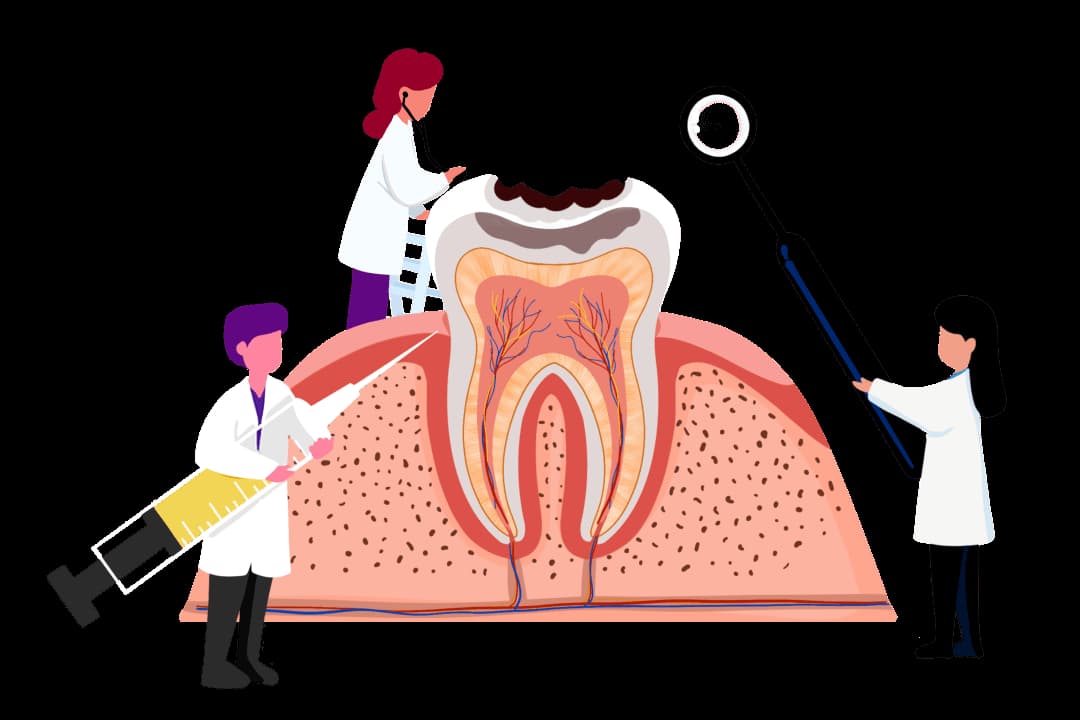Toothaches can come in various forms, including a dull ache, sensitivity to hot or cold, sharp pain, or pain while chewing. Each type of pain indicates a different dental issue. So, what kind of toothache are you experiencing?
Dental Cavities (Tooth Decay)
In the early stages of tooth decay, there may be no pain. However, as the cavity progresses and reaches the dentin layer, you may experience pain when consuming cold, hot, sour, salty, or sweet foods (typically a dull ache). If the cavity becomes deeper and reaches the pulp (tooth nerve), these stimuli can cause unbearable sharp pain. It's important to have regular dental check-ups to identify and fill cavities promptly.
Dental Pulp Inflammation
When tooth decay or trauma reaches the dental pulp, it can cause acute pulpitis. The inflammatory exudate within the pulp chamber cannot drain completely, leading to increased local tissue pressure. This allows the infection to quickly spread throughout the entire pulp, resulting in intense pain. As the saying goes, "A toothache is not a disease, but it can be life-threatening when it hurts."
Pericoronitis (Wisdom Tooth Inflammation)
Pericoronitis is a complication that occurs during the eruption of wisdom teeth. When the tooth does not fully emerge, it encounters resistance from the gum tissue, leading to inflammation in the surrounding soft tissues.
Apical Periodontitis (Root Tip Inflammation)
If acute pulpitis is left untreated, the inflammation can progress downward, causing inflammation in the tissues surrounding the root tip. During acute episodes, this can also cause severe pain. Both pulpitis and apical periodontitis require emergency treatment followed by root canal therapy. The dentist will remove the diseased pulp tissue, disinfect the root canal, and fill it with dental material before restoring the tooth.
Periodontal Tissue Inflammation
Gingivitis and periodontitis occur when dental plaque and calculus accumulate between the teeth and gums for an extended period. Sometimes, due to a weakened immune system, acute episodes of periodontal abscess can develop, causing localized pain and swelling.
Cracked or Fractured Teeth
Biting on hard foods or foreign objects can lead to hidden cracks in the teeth, causing pain. Hidden cracks are challenging to detect, but when they progress to visible fractures, they become easier to identify.
It is essential to consult a dentist to diagnose the specific cause of your toothache accurately. They will recommend the appropriate treatment, which may include fillings, root canal therapy, extraction, or gum treatment, depending on the underlying issue.




